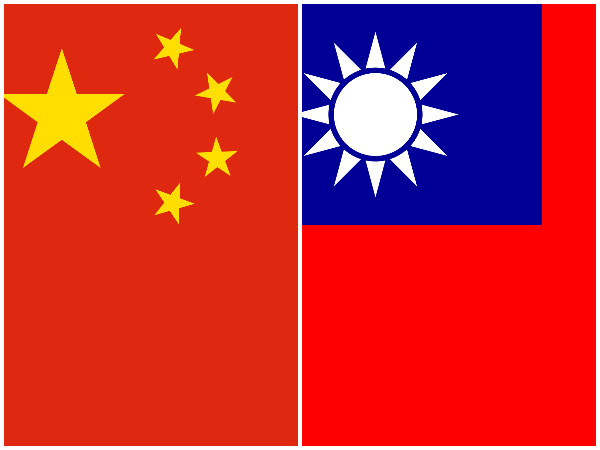Taiwan President: China's Annexation Move Aims for Global Hegemony, Not Territorial Integrity
In a recent interview, Taiwanese President Lai Ching-te accused China of seeking to annex Taiwan to achieve global hegemony, dismissing Beijing's claims of territorial integrity. Lai emphasized Taiwan's rejection of the 'One China' principle and highlighted measures to modernize Taiwan's military amid heightened cross-strait tensions.

- Country:
- Taiwan
In an interview on Sunday, Taiwanese President Lai Ching-te asserted that China's intentions to annex Taiwan are driven by a desire to 'transform the rules-based global order' and 'achieve hegemony,' not concerns for 'territorial integrity.' Lai questioned China's motives during the interview with the Central News Agency Taiwan, citing historical context, 'If the issue is truly about maintaining territorial integrity, then why don't they reclaim the land ceded to Russia under the Treaty of Aigun?' The 1858 agreement between the Qing dynasty and the Russian Empire transferred approximately 600,000 square kilometers of land in Manchuria to Russia.
The discussion centered on Taiwan's sovereignty and its stance against China's growing assertiveness in the Asia-Pacific. President Lai reiterated Taiwan's non-acceptance of the 'One China' principle of the '1992 consensus,' arguing that it would mean 'effectively ceding Taiwan's sovereignty' to China. He also pledged to uphold the policies of his predecessor, Tsai Ing-wen, including modernizing military training to bolster the armed forces' confidence and advancing Taiwan's submarine-building program.
The longstanding Taiwan-China issue remains rooted in the conclusions of the Chinese Civil War, where the Communist Party established the People's Republic of China (PRC) on the mainland in 1949, and the Nationalist government retreated to Taiwan, maintaining its claim over all of China. Recently, Taiwan condemned Beijing's stringent new penalties for separatist figures advocating for 'Taiwan independence.' According to Xinhua, Beijing has proposed severe measures, including the death penalty and lengthy prison sentences, for those causing significant harm to the state. Taiwan rejects these regulations, arguing that Beijing lacks legal jurisdiction over the self-governing island and dismissing the guidelines as non-binding.
The Mainland Affairs Council (MAC) labeled these measures as provocative and damaging to cross-strait relations, advising Taiwanese nationals in China to be cautious amid the rising tensions. China's intensified stance underscores its claim that Taiwan is an inseparable part of its territory, despite Taiwan's effective self-governance since 1949. The situation has been further strained by Taiwan's international diplomatic efforts and Beijing's push to isolate Taiwan diplomatically.
(With inputs from agencies.)










